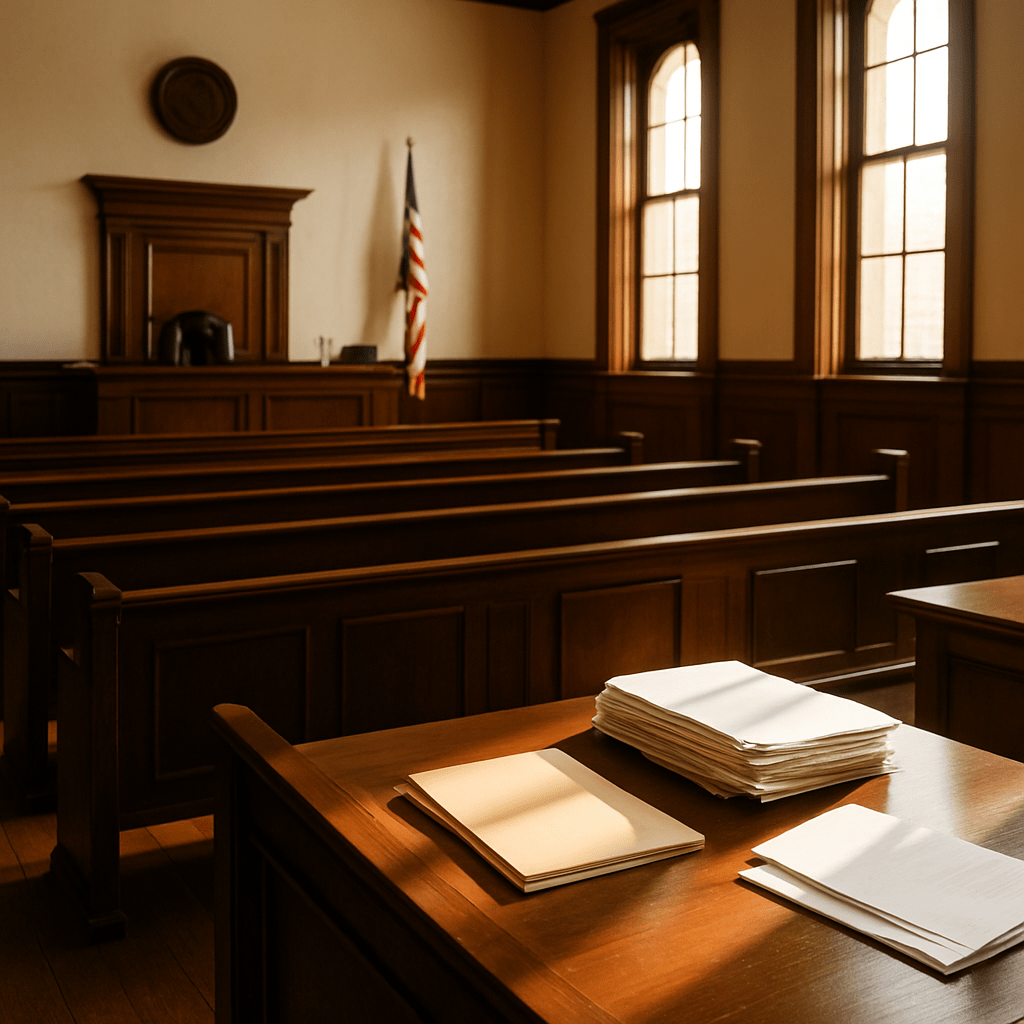When a will is contested, the probate process often shifts from a standard legal procedure to a lengthy and stressful battle among heirs, creditors, or other interested parties. Instead of distributing assets promptly, the estate becomes tied up in court while disputes over validity, intent, or interpretation are resolved. For heirs counting on their inheritance …
How to Value an Inherited Property: Professional and DIY Approaches
When someone inherits a property, one of the first and most important steps is determining its value. Accurate property valuations are essential for tax reporting, estate planning, and making decisions about keeping, selling, or renting the property. Yet many heirs don’t realize there are multiple ways to approach this process—from hiring professional appraisers to using …
Probate Funding vs. Bridge Loans: Key Financial Differences Explained
When heirs face delays during probate, financial pressure can mount quickly. Mortgage payments, property taxes, legal fees, and maintenance expenses don’t pause while the estate works its way through court. Two common ways families try to handle these expenses are probate funding and bridge loans—but these options work very differently, and choosing the wrong one …
What Happens to the Retirement Accounts of the Deceased?
When someone passes away, one of the first questions heirs often have involves retirement accounts like IRAs, 401(k)s, and pensions. These accounts can represent a significant portion of an estate’s value, but inheriting them isn’t always straightforward. Tax laws, beneficiary designations, and probate requirements all play a role in how and when heirs can access …
Using Inheritance Advances for Estate Repairs and Property Upkeep
When a loved one passes away, heirs often inherit not only homes and real estate but also the expenses that come with them. Mortgage payments, property taxes, landscaping, and critical repairs quickly add up, especially when probate delays prevent heirs from accessing estate funds. For many families, the goal is to preserve these properties rather …
Special Considerations for Inheriting Retirement Accounts
For many heirs, retirement accounts represent one of the most valuable assets in an estate. Whether it’s a 401(k), IRA, or pension plan, inheriting these funds comes with unique tax rules, distribution requirements, and financial decisions. Unlike simple bank accounts or personal property, retirement assets are governed by strict federal and state regulations—and mistakes can …
Managing Probate Delays: What Heirs Can Do While Waiting for Payouts
For many heirs, probate delays can feel endless. Months—or even years—may pass before courts finalize asset distributions, leaving families frustrated and financially strained while waiting for their rightful inheritance. From court backlogs to disputes among beneficiaries, these delays are rarely straightforward, and heirs often wonder what they can do in the meantime. While no one …
Joint Tenancy vs. Inheritance: Understanding the Difference in Property Transfer
When a loved one passes away, the way property is titled can significantly affect how it transfers to heirs. Two of the most common methods are joint tenancy and inheritance through probate. While they might sound similar, the legal and financial implications differ greatly—and those differences can impact everything from family homes to investment properties …
Inheritance Advances for Real Estate Heirs: Avoiding Forced Property Sales
For many heirs, inheriting real estate feels like both a gift and a challenge. Family homes, rental properties, or even commercial buildings often hold sentimental value and financial potential. But when probate stretches on and expenses pile up—mortgages, taxes, maintenance costs—heirs can feel forced into selling before they’re ready. This is where understanding your legal …
Storage Units and Safe Deposit Boxes: Accessing a Deceased Person’s Stored Property
When someone passes away, family members often discover there are more assets involved than just real estate or bank accounts. Storage units and safe deposit boxes can hold valuable property, legal documents, or even family heirlooms with significant emotional worth. Yet, accessing these spaces after the owner’s death is rarely as simple as walking in …
- 1
- 2
- 3
- …
- 10
- Next Page »




